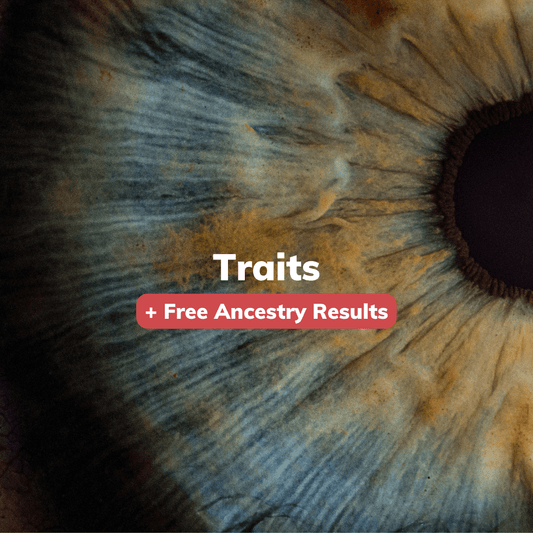
Sweeth teeth and sugar intake
Celine HaarhoffGenetic predisposition to sugar intake refers to an individual's likelihood of consuming larger amounts of sugar.
High sugar intake can lead to various health problems, including weight gain, insulin resistance, and an increased risk of developing diabetes. A genetic test can help identify an individual's predisposition to sugar intake and allow them to take steps to manage their natural inclination and reduce their risk of developing related health complications.
The more sugar you consume, the more insulin the body has to produce and release into the bloodstream to deal with the sugar. Insulin is the hormone that allows the sugar in the blood to enter the body's cells, especially the muscles.
Too much insulin in the body, over a prolonged period of time, due to high sugar intake, greatly increases the risk of insulin resistance developing. Insulin resistance is when the body's cells become insensitive to the actions and signaling of insulin.
Thus, if someone is insulin resistant, they need more insulin to lower their blood sugar after eating the same amount of carbohydrates or sugar as someone that is insulin sensitive.
Several genetic variants can increase an individual's predisposition to higher. sugar intake. By contributing to higher sugar intake, these genes can subsequently increase individuals' risk of developing insulin resistance. Insulin resistance can lead to various health problems, including weight gain, high blood pressure, and an increased risk of developing type 2 diabetes.
Having a genetic inclination towards higher sugar intake can also be referred to as having a sweet tooth. So yes, your genes do greatly influence whether you are a sweet tooth or not.
In addition to eating more high amounts of sugar several lifestyle factors can increase an individual's risk of developing insulin resistance. These include a lack of physical activity, a diet high in processed and refined carbohydrates, and a family history of type 2 diabetes.
A genetic test can help identify an individual's predisposition to sugar intake and allow them to take steps to manage their condition and reduce their risk of developing related health complications. This test can be performed using a small sample of an individual's blood or saliva, and the results can provide valuable information about their specific genetic risk factors.
Once an individual has undergone a genetic test and received their results, they can work with their healthcare provider to develop a personalized plan to manage their condition.
If your genes predispose you to eat more sugar, you need to be extra conscious of how much you consume. Sugar is an addictive substance. The more you consume, the more you'll want. Thus, if you are inherently inclined to eat more, you may run a greater risk of becoming addicted and dependent on sugar than someone that does not have sweet tooth genes.
Overall, a genetic predisposition to sugar intake is a condition that can significantly impact an individual's health. By undergoing a genetic test, individuals can take control of their lifestyle and reduce their risk of developing subsequent health complications.


